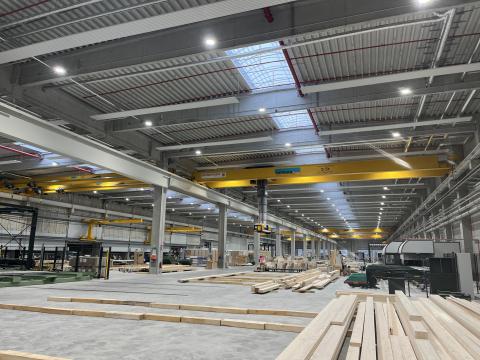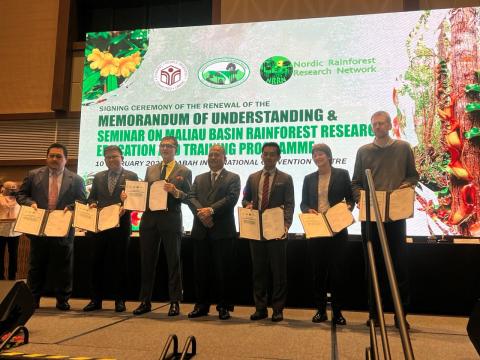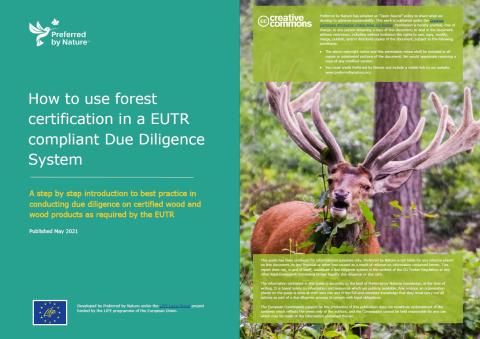“Green Prosperity”: A sustainable approach to Vietnam's Acacia industry
In the fast-paced world of global furniture manufacturing, the demand for timber has reached new heights. Vietnam, a key contributor to this market, faces the challenge of meeting this demand sustainably. The Sustainable Forest Management (SFM) Project is leading this charge, aiming to revolutionise the country's acacia plantations with cutting-edge sustainable practices.
Vietnam's heavy reliance on timber imports, driven by a gap in domestic supply, poses significant economic and environmental concerns. The SFM Project's strategy is centered on enhancing the efficiency of existing acacia plantations through sustainable management, a move that may help to reshape the landscape of Vietnam's timber industry.
Rethinking Acacia plantation management
Key to the SFM Project's approach is the extension of harvest cycles. Moving from the typical 3-5 year cycle to a minimum of 8 years is pivotal for improving both the quantity and quality of timber. This longer cycle allows for the production of higher-grade round wood, a shift from the lower-grade wood chips predominantly produced under shorter cycles.
Adopting sustainable silviculture techniques is another core element of the project. These practices, which include avoiding harmful methods like clear cutting and underbrush burning, are crucial for the long-term sustainability of the plantations. Moreover, the use of improved seeds and modern cultivation methods is expected to significantly boost productivity.
Environmental impact and market dynamics
The SFM Project is not just about increasing timber yield. It also promises notable environmental benefits. A standout feature is the potential for increased carbon sequestration, estimated at 49 metric tons of CO2 equivalent per hectare. This ecological benefit is coupled with the prospect of achieving certifications like the Forest Stewardship Council (FSC), enhancing both the ecological and economic value of the timber.
Empowering smallholder farmers
A substantial part of the SFM Project's strategy involves supporting the smallholder farmers who are integral to acacia farming in Vietnam. The project addresses challenges such as high certification costs and limited technical know-how by introducing:
- Custom-designed financial and insurance products.
- Formation and support of cooperatives.
- Access to alternative and more accessible certification schemes.
- Establishment of secure market links through buyer partnerships.
- Gender Inclusivity in Forestry
The SFM Project is also committed to promoting gender equity in plantation activities, aiming to balance the traditional division of roles and provide equal opportunities for both women and men in the industry.
Before its full implementation, the SFM Project will undergo a thorough assessment to ensure its strategies align with its goals of sustainable and efficient timber production. This assessment will also help in establishing valuable partnerships and fine-tuning the project’s approach.
Increased timber quality and yield: Extending harvest cycles to 8+ years enhances both the quality and quantity of timber, moving from low-grade wood chips to premium round wood.
Enhanced environmental stewardship: The project's sustainable practices are projected to increase carbon sequestration, contributing significantly to global climate change mitigation efforts.
Empowerment and inclusivity: By addressing the challenges faced by smallholder farmers and promoting gender equity, the project aims to create a more inclusive and economically viable timber industry in Vietnam.



